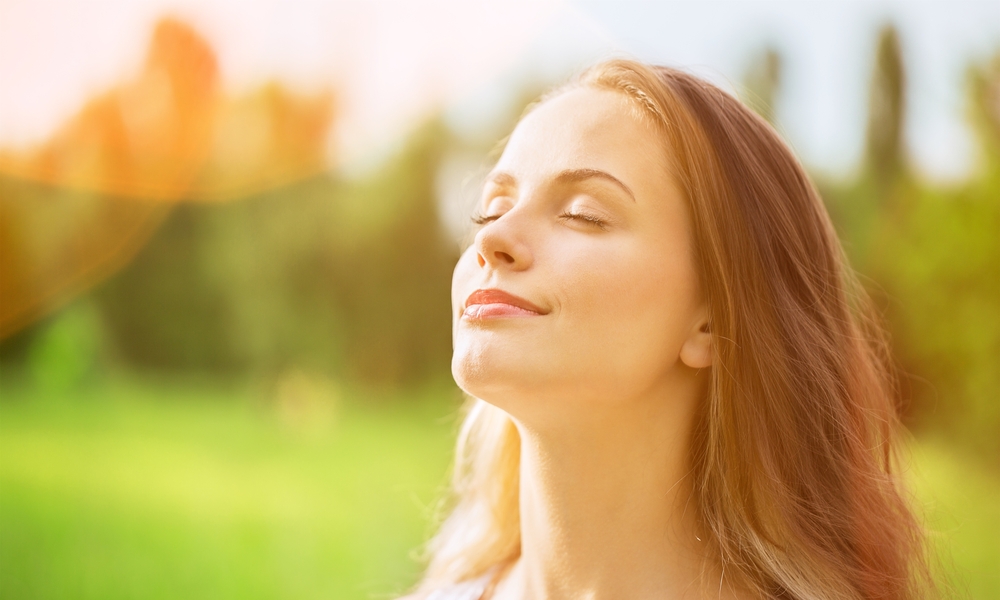Shoshin for Adults Living With Pompe Disease

If you have a chronic disease such as late-onset Pompe disease, a Japanese concept called shoshin may help you to perceive the world, and your disorder, in a different light.
Based on Zen Buddhism, shoshin means “beginner’s mind.”
What is Pompe disease?
Pompe disease is a debilitating and progressive disorder characterized by the buildup of a sugar molecule called glycogen inside cells. This accumulation impairs the working of different tissues and organs, especially cardiac, respiratory, and skeletal muscles.
There are three types of Pompe disease, including classic infantile-onset, non-classic infantile-onset, and late-onset Pompe disease.
Late-onset Pompe is usually milder than the infantile-onset forms of this disease, with onset often in late childhood or adolescence, and occasionally in adulthood. It is characterized by muscle weakness, aches, and cramps, frequently accompanied by headaches and fatigue. Heart involvement is less common in late-onset patients.
What is Shoshin?
Shoshin refers to having an attitude of openness and eagerness that is free of misperceptions, just as a beginner would have in tackling a new task.
When you are a beginner, your mind is empty and open. You are willing to learn and consider lots of new information. As you develop expertise and knowledge, however, your mind naturally becomes more focused and tends to close.
Applying shoshin to your daily life can help return the curious, childlike nature that most people lose as they age. Ultimately, shoshin can give more meaning to life.
How can shoshin help me?
While no known studies specifically address shoshin in the context of Pompe disease, a study by researchers at the University of Zurich looked at mind-body medicine and the treatment of chronic illnesses. It reported that seeing things with a beginner’s mind can be effective, usually when combined with conventional medicine, in helping to better manage the pain common to people with Pompe, and pain-associated disability.
Shoshin may also be helpful in alleviating headaches and sleeping disorders, also common to late-onset patients. And its practice may lower the anxiety that affects those with this rare disorder.
How to rediscover your beginner’s mind
You can train your mind to employ shoshin during simple everyday activities, like having breakfast. Start by viewing what you’re doing (eating) with fresh eyes, as if you don’t know what to expect even though you’ve already done it countless times.
With the breakfast example, really examine the food, plate, and fork, and try to see details you wouldn’t ordinarily notice. Pay attention to the food’s tastes, textures, smells, and sights, as if you aren’t already familiar with them. Everything may start to seem new, maybe even full of wonder. You take nothing for granted and appreciate every bite as a gift that is fleeting and precious.
You can also start to listen more in your conversations with others. Instead of sharing your experiences, listen to other people’s ideas and achievements, and see what you can take away from them.
Daily meditation can also be useful in developing shoshin. Try this technique: sit as comfortably as you can in a quiet space. Pay attention to your body, then your breathing, while staying in the moment. See if you can rid yourself of thoughts and preconceived notions. Empty yourself so that you can see what’s before you. Notice what your breathing is like, feel it enter and leave your body.
Why practicing shoshin matters
When you are living with limitations, you feel at times as though you aren’t progressing in life. Practicing shoshin can help by making each day’s experiences more real and worthwhile. You may be more open if you aren’t hampered by preferences or prejudgments about how things should be, and less bothered by feelings of disappointment and frustration.
If you’re procrastinating about a big task, instead of fretting about how hard it will be or how you might fail, be curious about what the task will be like. This can help you see it in a new light.
Learning to become aware of yourself and your mind can help with releasing negative energy, and with welcoming new ideas and more positive and effective ways of thinking.
Last updated: Feb. 23, 2021
***
Pompe Disease News is strictly a news and information website about the disease. It does not provide medical advice, diagnosis, or treatment. This content is not intended to be a substitute for professional medical advice, diagnosis, or treatment. Always seek the advice of your physician or other qualified health provider with any questions you may have regarding a medical condition. Never disregard professional medical advice or delay in seeking it because of something you have read on this website.






